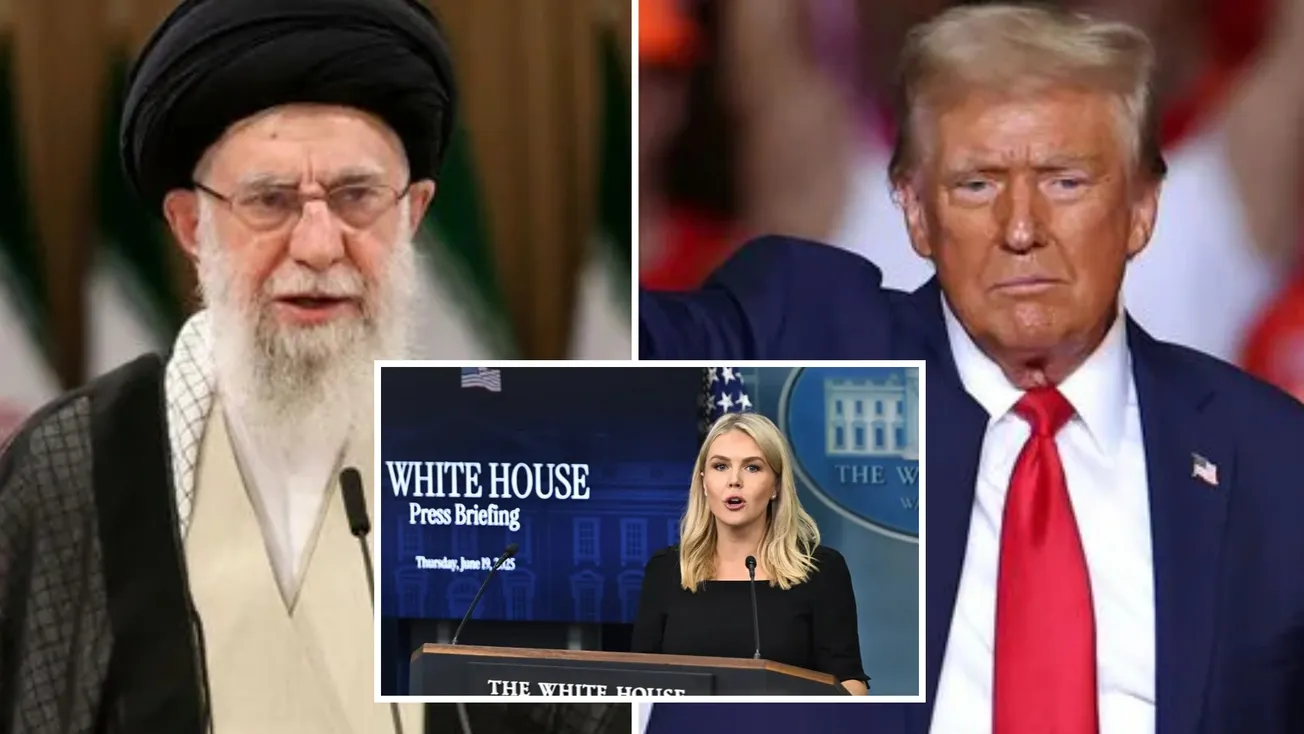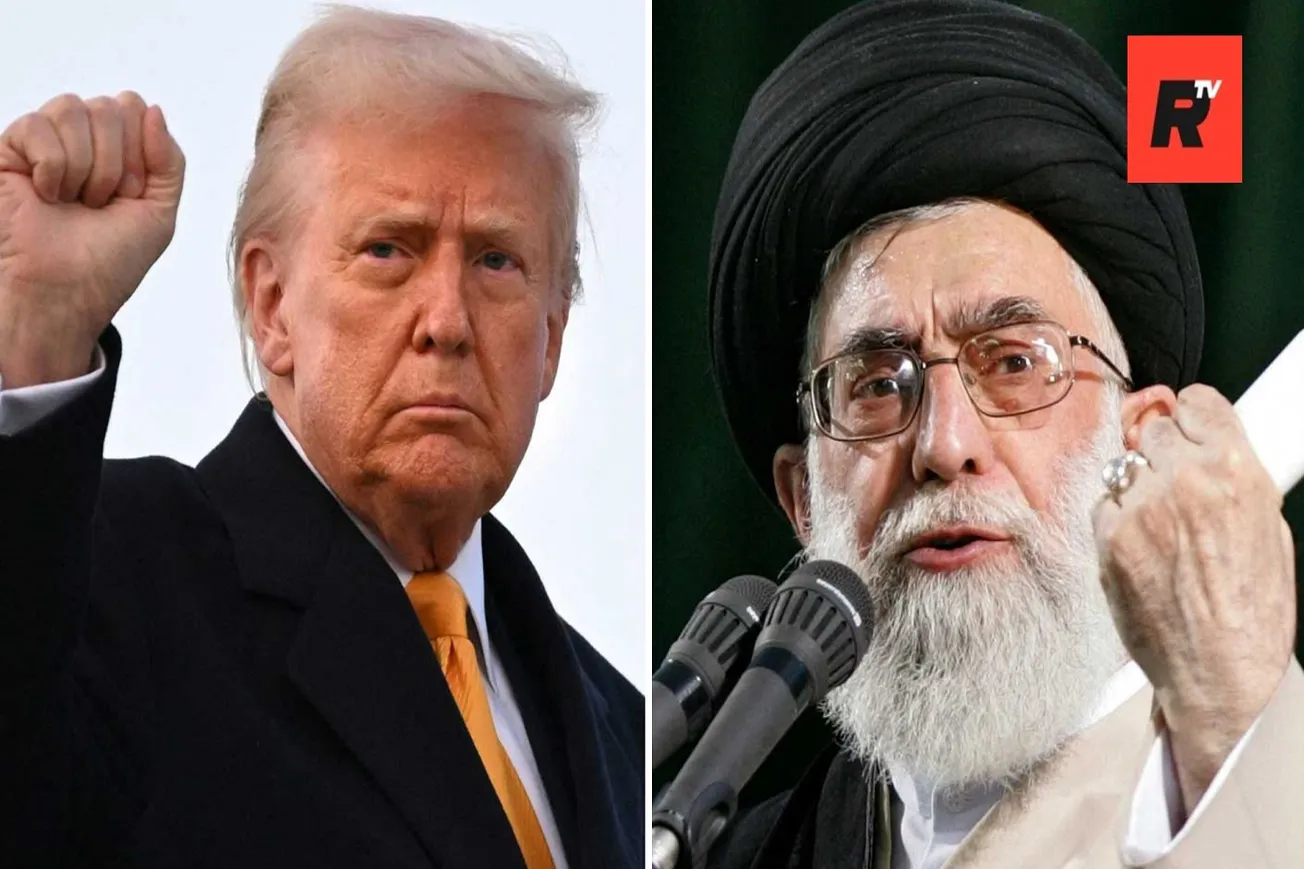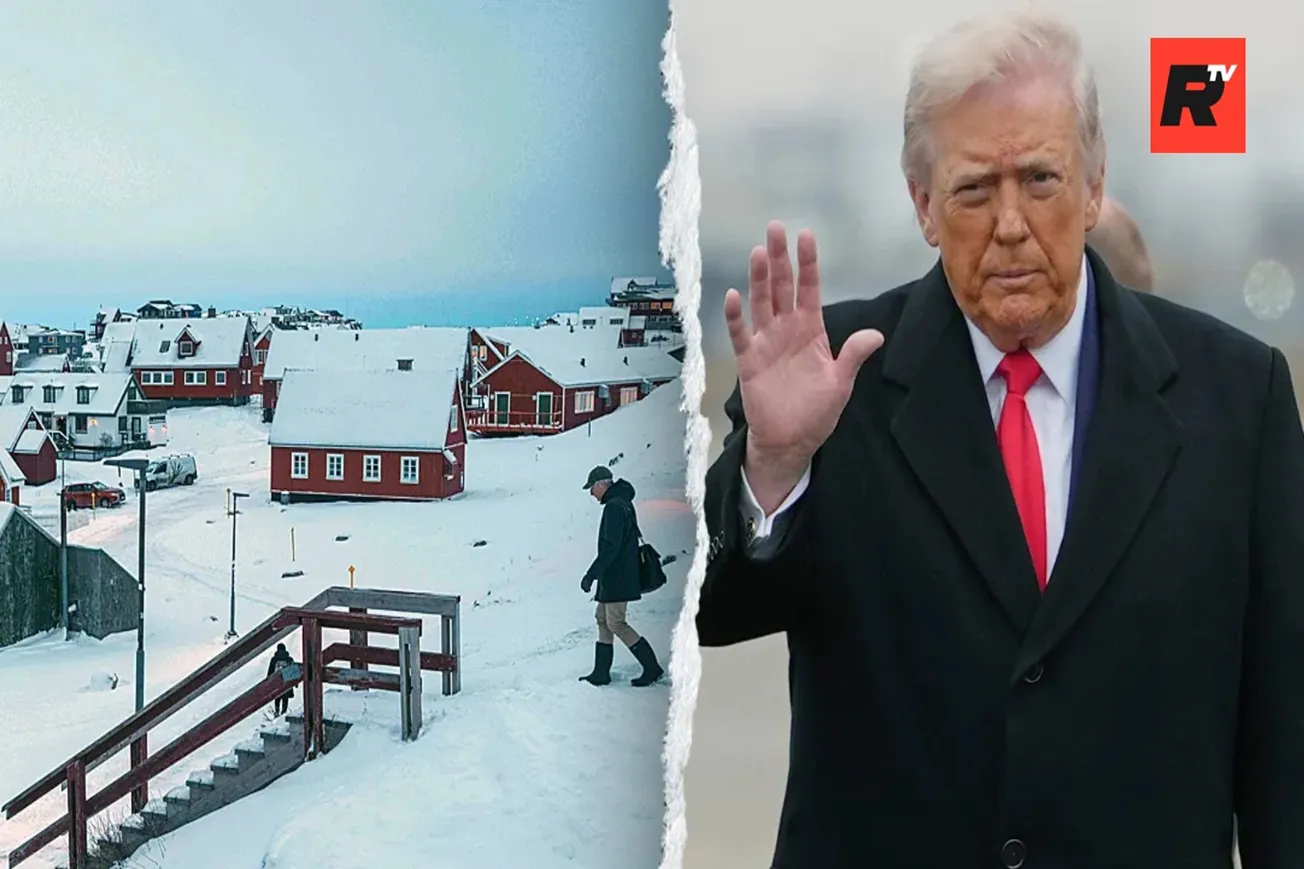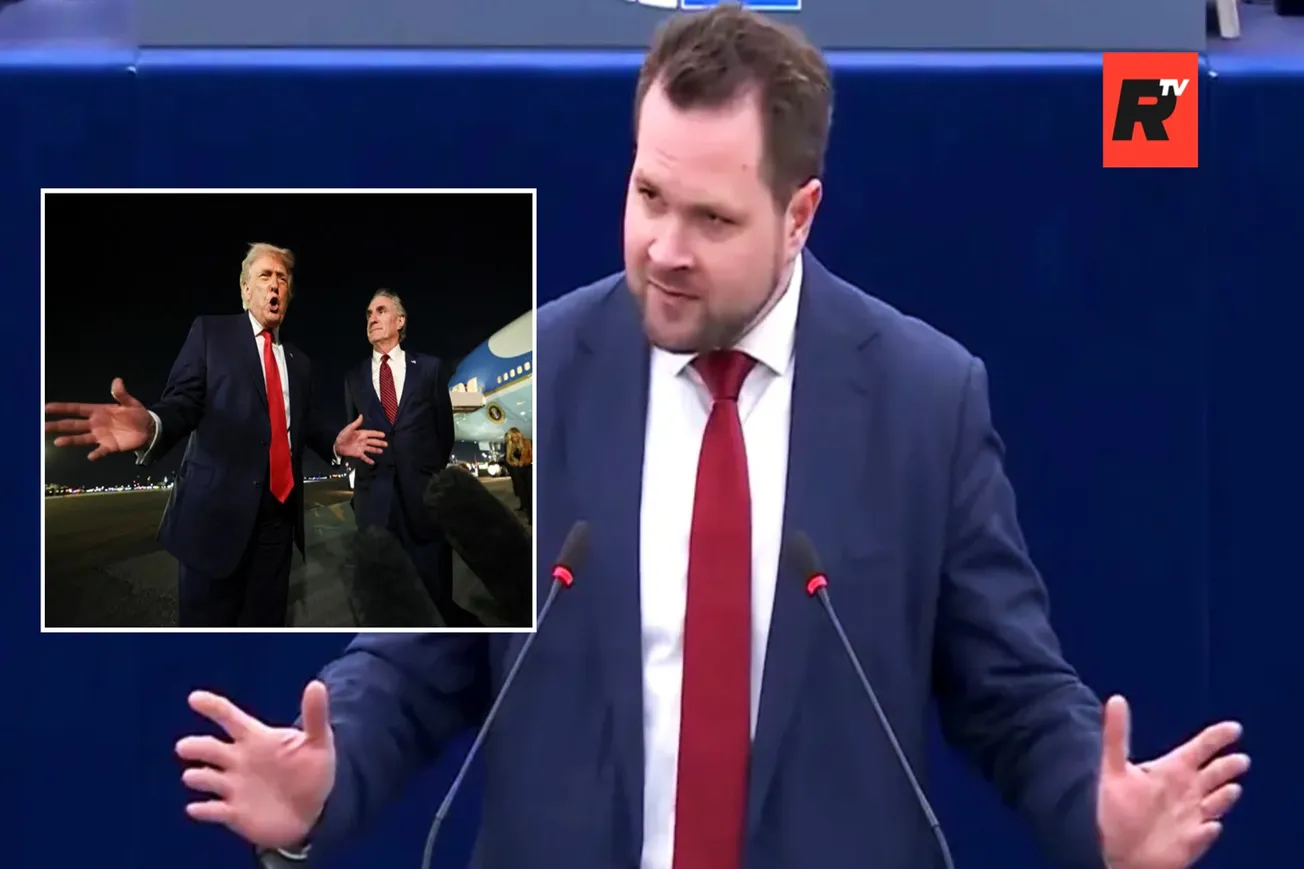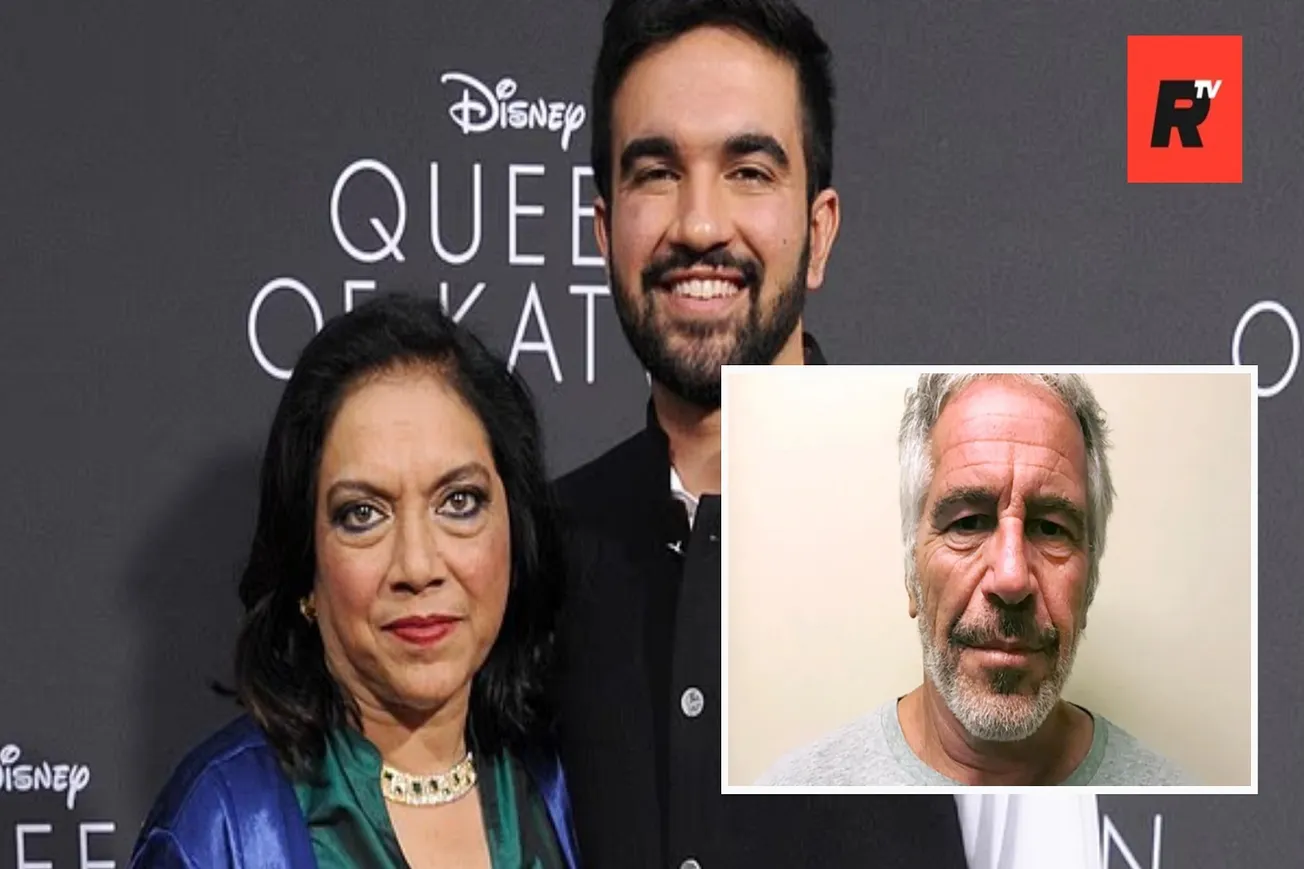Table of Contents
As the world braces for a potential global conflict, the escalating war between Israel and Iran has thrust President Donald Trump into a high-stakes decision that could reshape the Middle East and beyond.
With Israeli airstrikes hammering Iran’s nuclear facilities and Tehran retaliating with missile barrages, the specter of U.S. military involvement looms large.
A single misstep could ignite a broader war, drawing in powers like Russia and China, and risking catastrophic consequences for global stability.
The question now is whether Trump will pull the trigger or pursue diplomacy to avert a crisis that could spiral into World War III.
Trump is poised to decide within the next two weeks whether the United States will join Israel in military action against Iran, a move that could dramatically escalate the ongoing conflict that began on June 13.
According to reports, Israeli strikes have killed at least 585 Iranian civilians, while Iranian missile attacks have claimed 24 civilian lives in Israel, with hundreds more injured on both sides.
White House Press Secretary Karoline Leavitt delivered a direct message from Trump during a Thursday briefing, signaling his cautious approach amid faltering nuclear negotiations with Iran.
“Based on the fact that there’s a substantial chance of negotiations that may or may not take place with Iran in the near future, I will make my decision whether or not to go within the next two weeks,” Leavitt said, quoting Trump, emphasizing his hope for a diplomatic resolution.

Trump’s timeline comes as pressure mounts from both sides of the political spectrum.
Hawkish Republicans like Senator Lindsey Graham are urging decisive action, while influential MAGA voices like Tucker Carlson and Steve Bannon advocate restraint, reflecting a deep rift within the president’s base.
President Trump, however, remains confident in his support, claiming his followers are unwavering in their loyalty.
On Wednesday, Trump offered insight into his deliberative process during an Oval Office exchange with reporters.
"I like to make the final decision one second before it’s due, because things change, especially with war," he said, underscoring his reluctance to commit prematurely to military action.
The stakes couldn’t be higher. Iran’s Supreme Leader, Ayatollah Ali Khamenei, has issued a stark warning, rejecting U.S. calls for surrender and threatening retaliation if America intervenes.
His defiance adds fuel to an already volatile situation, as Tehran vows to match any aggression with equal force.
Khamenei, in a televised address on Wednesday, declared, "The Americans should know, the Iranian nation will not surrender, and any intervention by the U.S. will be met with a forceful response and irreparable damage. War will be met with war, bombing with bombing, and strike with strike. Iran will not submit to any demands or dictates."
The American public is divided on the conflict, with polling data reflecting unease about the risks of escalation.
A Fox News poll released Wednesday found that 52% of registered voters believe Israel’s strikes on Iran’s nuclear program increase global danger, while 56% view Iran as a national security threat to the U.S.
Among Republican voters, support for U.S. intervention is stronger, with 61% favoring military action if diplomacy fails, according to a Rasmussen Reports survey conducted June 16-18.
However, 45% of all voters polled by Fox expressed concern that U.S. involvement could lead to a broader regional war, highlighting the delicate balance Trump faces.
On the international stage, Israeli Prime Minister Benjamin Netanyahu is pressing Trump to act, framing Iran as a shared threat to both nations.
Meanwhile, Iran’s allies, including Russia and China, are pushing back, with Russian President Vladimir Putin offering to mediate but warning against U.S. involvement.
Defense Secretary Pete Hegseth assured lawmakers Wednesday that the U.S. military is "ready and prepared” for any decision Trump makes, with "maximum force protection" in place for American troops in the region.
Trump, undeterred by the global and domestic pressures, remains focused on preventing Iran from acquiring a nuclear weapon.
Leavitt reiterated this priority on Thursday, stating, "The president’s top priority is ensuring that Iran cannot obtain a nuclear weapon and providing peace and stability in the Middle East."
President Trump stands at a crossroads that could define his legacy and the future of the Middle East. His decision to wait two weeks reflects a calculated gamble—hoping diplomacy can defuse a crisis that has already claimed over 600 civilian lives this month.
But with Iran’s leadership digging in and Israel unrelenting, the window for peace is narrowing.
The American public’s unease, coupled with a fractured Republican base, complicates Trump’s calculus.
If he opts for war, the consequences could ripple far beyond Tehran and Tel Aviv, potentially drawing the U.S. into a conflict with no clear end. If he chooses diplomacy, he risks alienating allies like Israel and emboldening Iran.
For now, the world watches, and the clock is ticking.

